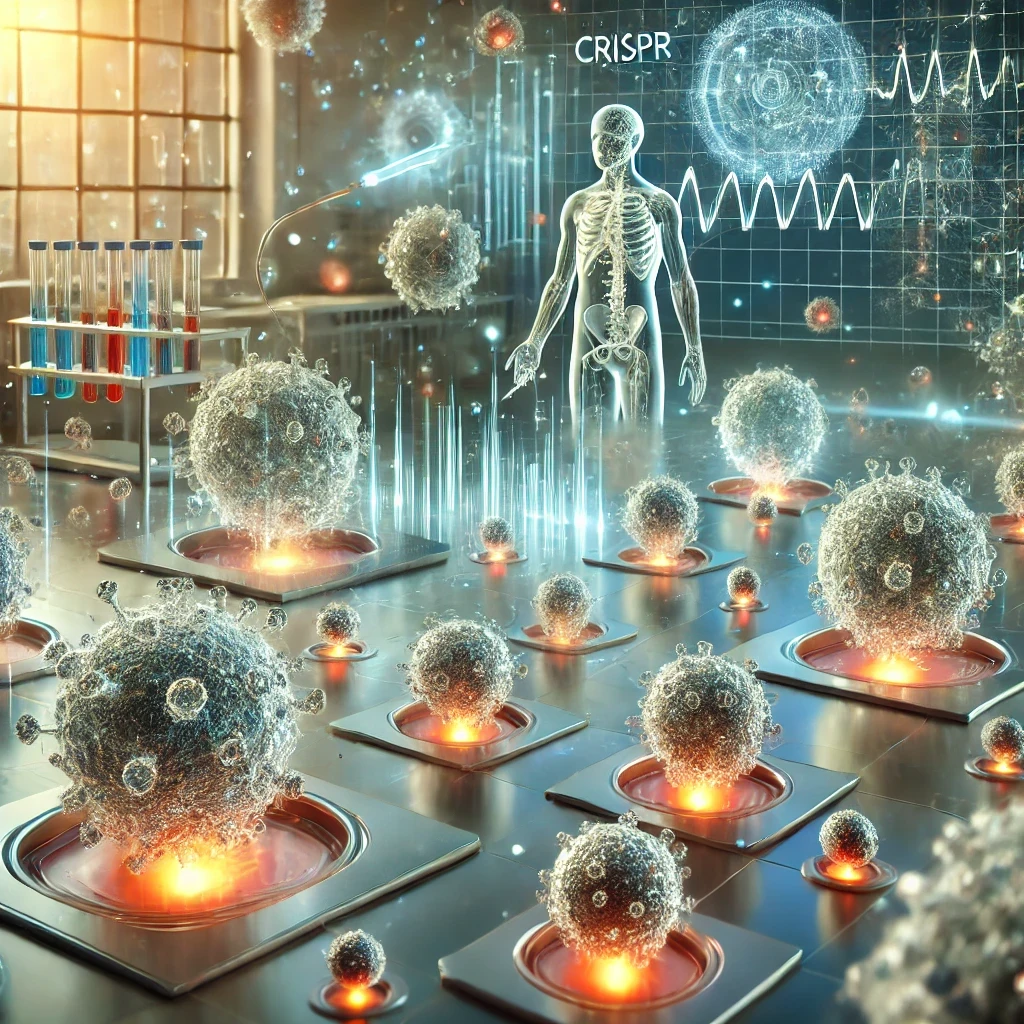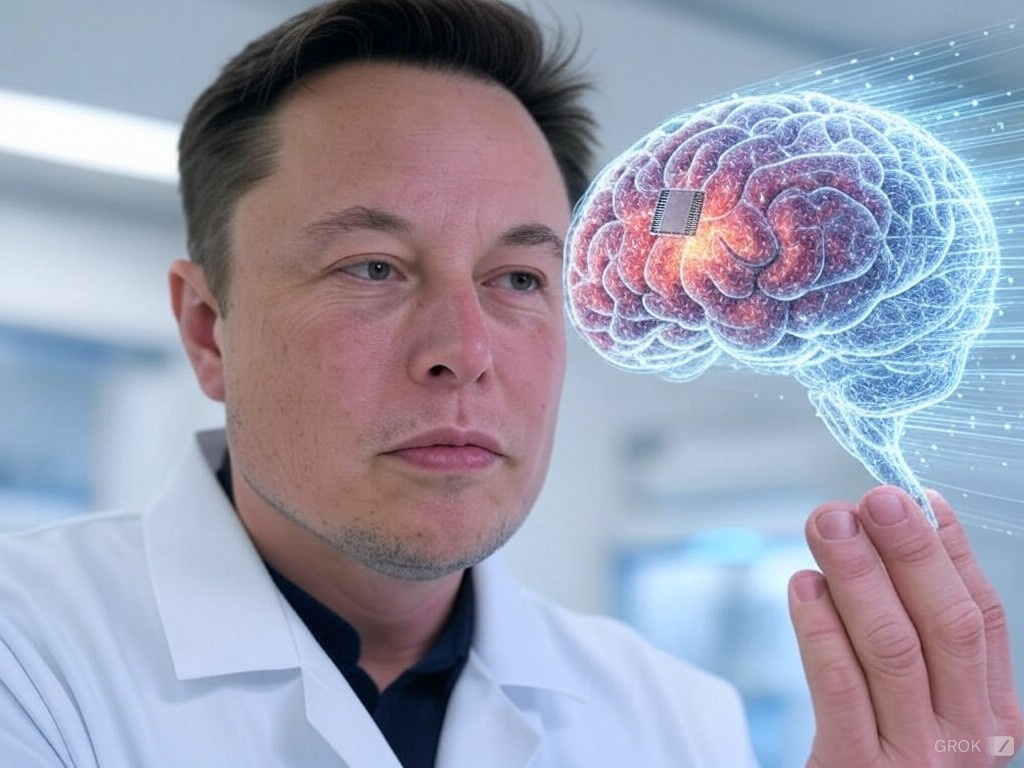Researchers have recently made a significant breakthrough in treating autoimmune diseases, using modified immune cells from healthy donors. This is a major step towards making these therapies available to many people, thanks to mass production possibilities. The technique, involving CAR (chimeric antigen receptor) T-cells, has already shown great promise in treating blood cancers. Now, scientists are adapting it to treat autoimmune diseases, which occur when the body’s immune system mistakenly attacks its own healthy tissue.
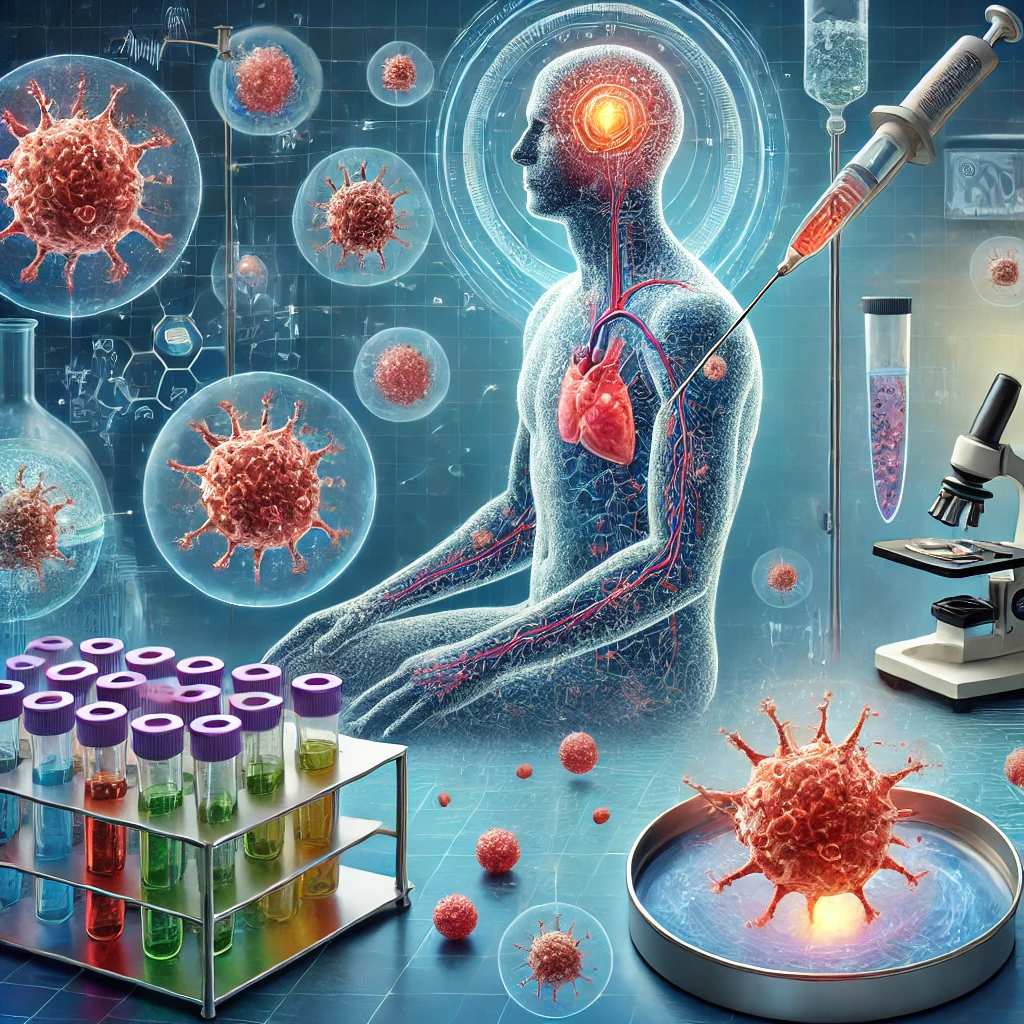
Traditionally, CAR T-cell therapy has been personalized, using a patient’s own immune cells. This process is expensive and time-consuming, limiting how widely the therapy can be used. In a new approach, scientists have used immune cells from healthy donors to treat people with autoimmune conditions. These donor-derived CAR T-cells could allow pharmaceutical companies to produce therapies on a large scale, reducing both cost and production time.
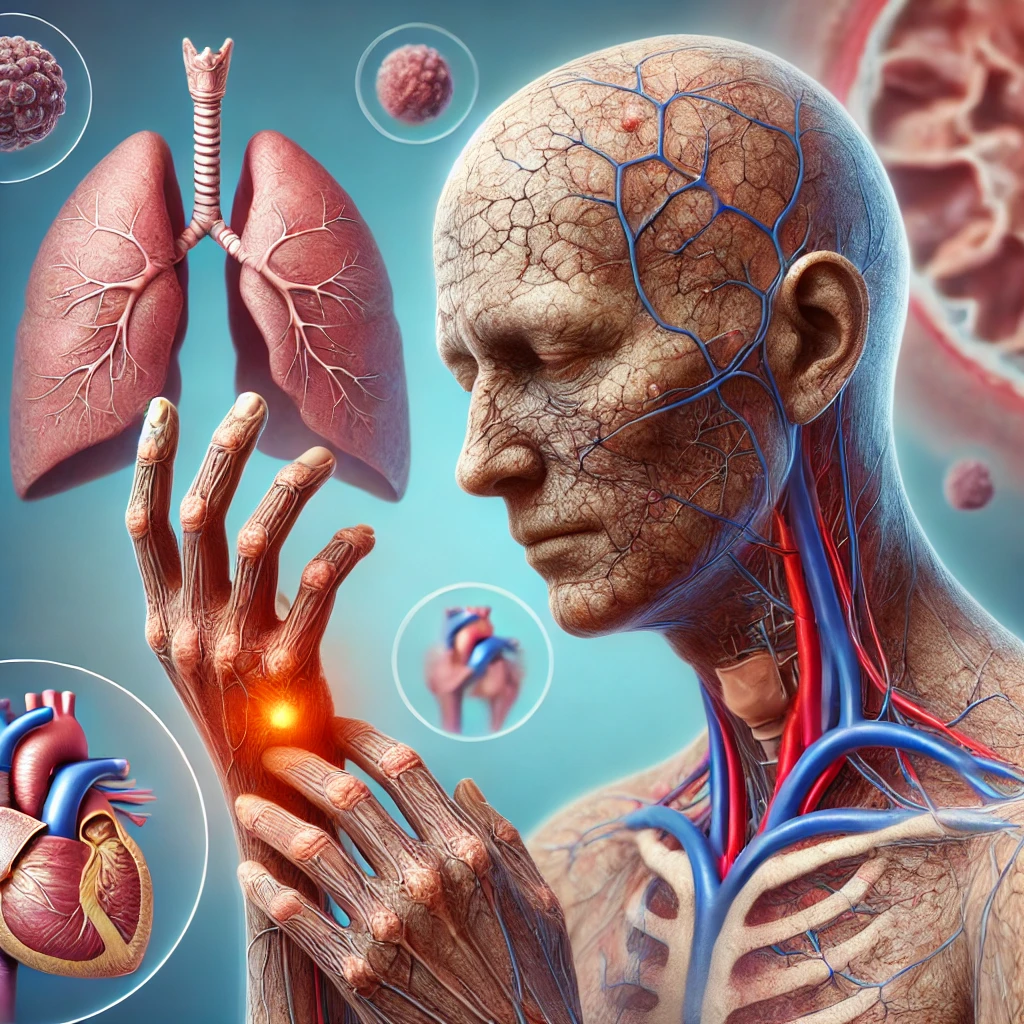
In a recent clinical trial, three people in China received these donor-derived CAR T-cell therapies. One participant, a 57-year-old man suffering from systemic sclerosis, reported rapid improvements in his symptoms just days after treatment. Two weeks later, he was able to return to his normal routine, and all three patients have remained in remission for over a year.
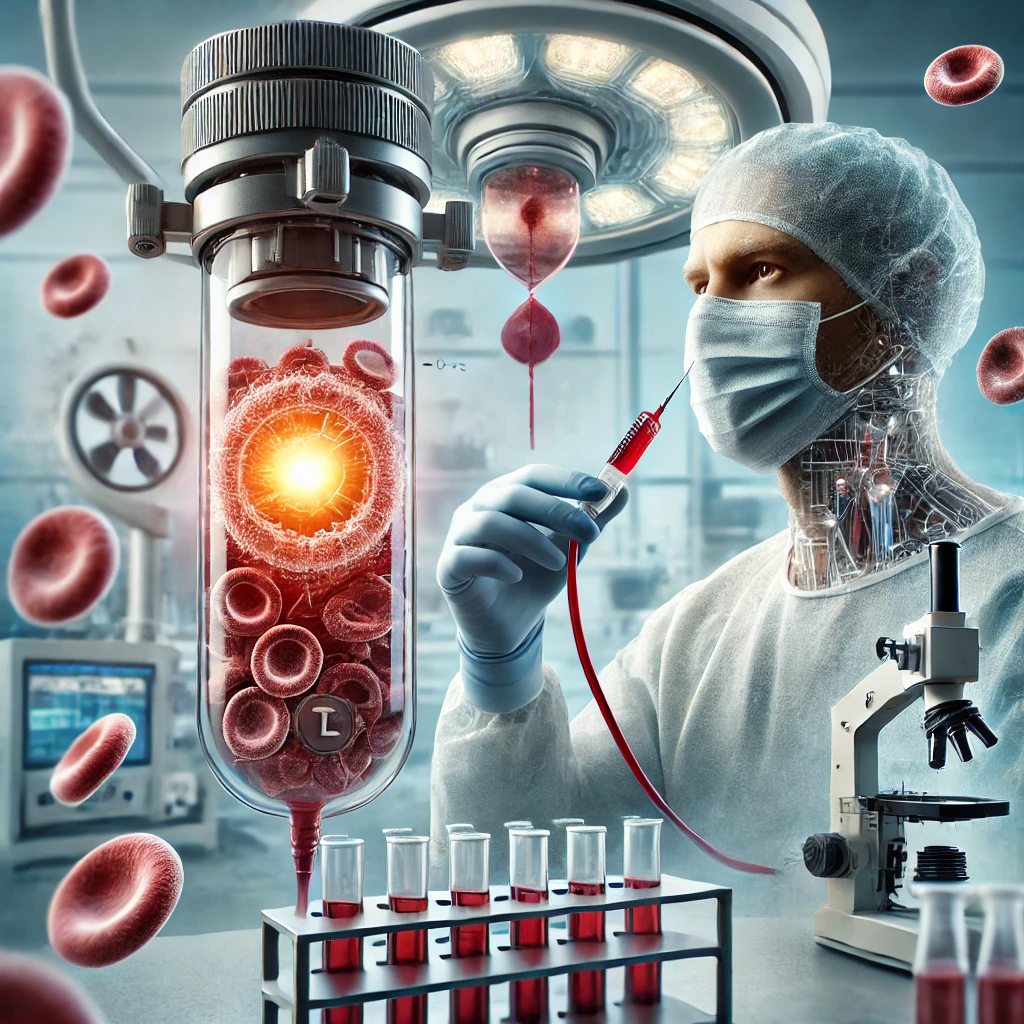
The new technique involves extracting T-cells from a healthy donor, modifying them using a gene-editing tool called CRISPR, and then introducing them into the patient’s body. These modified cells target and destroy harmful immune cells that cause autoimmune conditions. Early results from the trial have been promising, with participants showing significant improvements in their symptoms and no serious side effects reported so far.
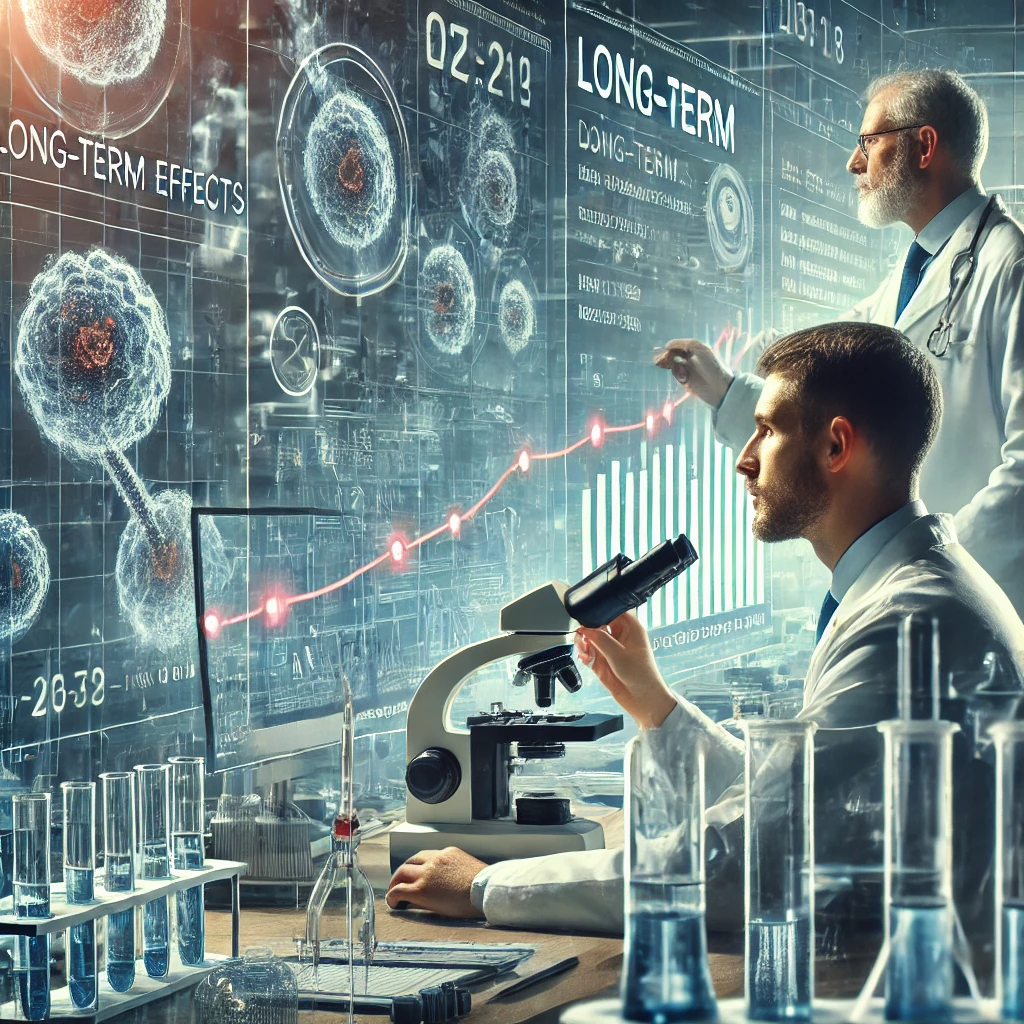
If this approach continues to succeed in more people, it could lead to a major shift in how autoimmune diseases are treated. Mass production of donor-derived CAR T-cell therapies could provide a more affordable and efficient option for patients worldwide. However, researchers are still closely monitoring the long-term effects, as there are some concerns about potential risks, including the possibility of new tumors developing. More time and testing are needed to fully understand the safety and durability of the treatment.

This advancement represents a potential turning point in medicine, offering new hope for people with autoimmune diseases. By using donor cells and scaling up production, this therapy could become much more accessible, helping countless patients regain their health and improve their quality of life.


